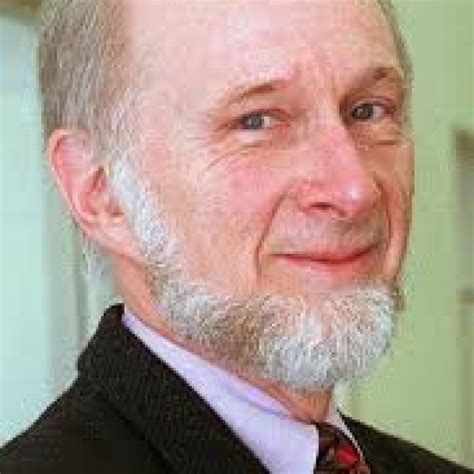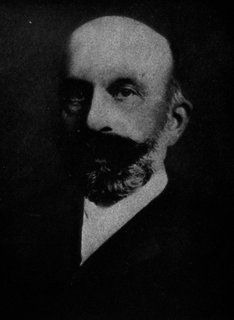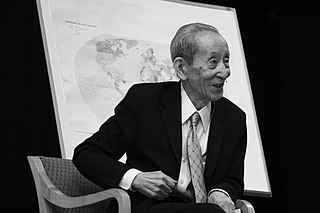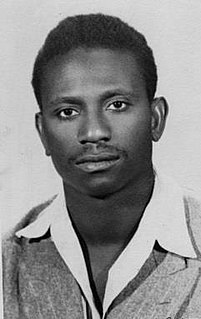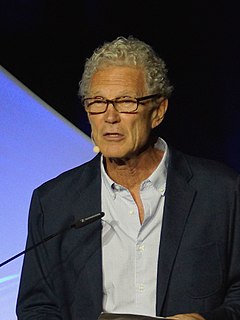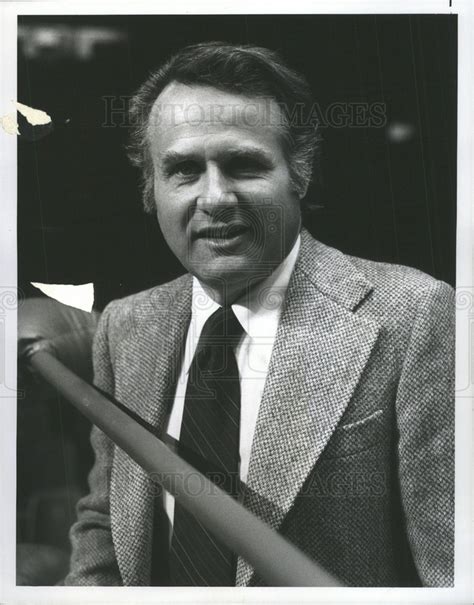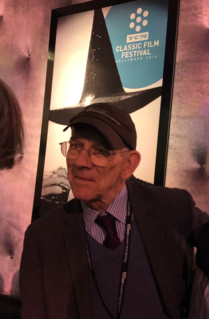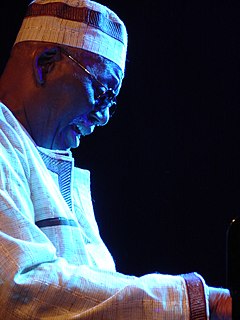Top 531 Historians Quotes & Sayings - Page 6
Explore popular Historians quotes.
Last updated on November 20, 2024.
In the 1970s, family history wasn't yet thought of a serious field for study. I was terrified of being laughed at by other historians. I called my book 'The Social Origins of Private Life.' It should have been 'As Pompous as You Want to Be.' Every sentence was academic jargon, and if I said X, I qualified it with Y.
One of the ultimate challenges of biology is to understand how the brain becomes consciously aware of perception, experience and emotion. But it is equally conceivable that the exchange would be useful for the beholders of art, for people who enjoy art, for historians, and for the artists themselves.
The Whig interpretation of history ... is the tendency in many historians to write on the side of Protestants and Whigs, to praise revolutions provided they have been successful, to emphasise certain principles of progress in the past and to produce a story which is the ratification if not the glorification of the present.
What I'm pushing for is an economic discipline that will be closer to other social sciences; in particular, we should be more pragmatic about the methods that we are using instead of pretending that we have our own scientific apparatus with very sophisticated mathematic models that distinguish us from sociologists and historians.
The three main medieval points of view regarding universals are designated by historians as realism, conceptualism, and nominalism. Essentially these same three doctrines reappear in twentieth-century surveys of the philosophy of mathematics under the new names logicism, intuitionism, and formalism.
Let historians not record that when America was the most powerful nation in the world we passed on the other side of the road and allowed the last hopes for peace and freedom of millions of people to be suffocated by the forces of totalitarianism. And so tonightto you, the great silent majority of my fellow AmericansI ask for your support.
It's funny how sometimes historians sneer at journalists, yet they depend on us in the future for the material that they mine. You realize that some of the stories wouldn't have been told if you hadn't gotten to them. There is that sense of capturing a moment that was just about to go over the horizon.
We have all the technology to record things in the streets. Now the historians cannot twist it or change it, because we have cellular phones or video cameras, and we are filming in the streets what's going on. We have the voices of everybody recorded. There's too much recording and I think that's wonderful.
Whatever the poets pretend, it is plain they give immortality to none but themselves; it is Homer and Virgil we reverence and admire, not Achilles or Aeneas. With historians it is quite the contrary; our thoughts are taken up with the actions, persons, and events we read, and we little regard the authors.
Now of course we have Black historians, but they're usually men. We get the perspective always, the slanted perspective, of what has happened. The battles, the things achieved, the laws, but where are the people, the families? What happens inside the houses, inside the minds and the hearts? That's what I'm interested in.
It is a grave error for historians of literature to interpret the national spirit of the age in an oversimplified manner, ignoring the complexity of various cultural and life processes. Instead of using their imagination, they try to read the future by observing the hands of a clock which is still busy measuring the past.






